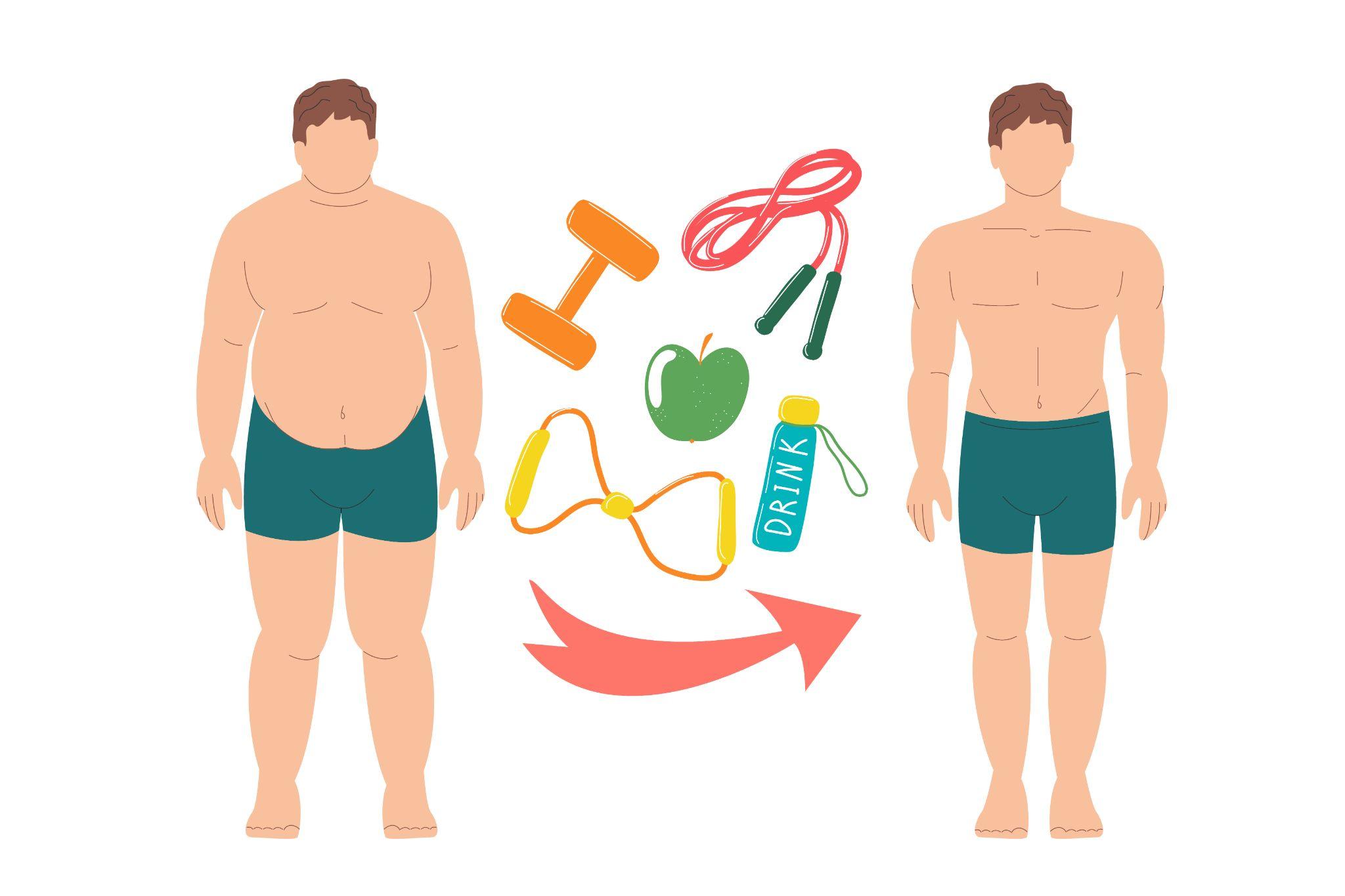Heart Health: Understanding the Importance and How to Maintain a Healthy Heart 
Heart disease is one of the leading causes of death globally, with an estimated 17.9 million deaths each year. Maintaining a healthy heart is crucial for a long and fulfilling life, yet many individuals are unaware of the steps they can take to support their heart health. In this comprehensive guide, we will explore the importance of heart health and provide practical tips and strategies for maintaining a healthy heart.
What is the heart and what does it do?
The heart is a muscular organ that pumps blood throughout the body. It plays a critical role in maintaining the overall health of the body and is essential for delivering oxygen and nutrients to all cells and tissues. The heart is divided into four chambers, with the right and left atria and ventricles working together to pump blood to the lungs and body, respectively. 
Why is heart health important?
Heart health is important because the heart is a vital organ that is responsible for pumping blood throughout the body. A healthy heart ensures that all cells and tissues receive the oxygen and nutrients they need to function properly. Additionally, a healthy heart reduces the risk of heart disease, which is a leading cause of death and disability. 
Risk factors for heart disease
There are several factors that can increase an individual’s risk of developing heart disease, including:
- High blood pressure: High blood pressure, also known as hypertension, is a leading cause of heart disease and stroke.
- Smoking: Smoking is a significant risk factor for heart disease and can damage the heart and blood vessels.

- High cholesterol: High levels of cholesterol in the blood can build up in the arteries, leading to a blockage and an increased risk of heart disease.
- Diabetes: Diabetes increases the risk of heart disease by damaging blood vessels and causing changes in the blood that can lead to blockages.
- Obesity: Being overweight or obese increases the risk of heart disease by putting extra strain on the heart and increasing the levels of fat in the blood.
- Physical inactivity: A sedentary lifestyle can increase the risk of heart disease by leading to weight gain and reducing cardiovascular fitness.
- Poor diet: A diet high in saturated fat, trans fat, and cholesterol can increase the risk of heart disease by clogging the arteries and increasing cholesterol levels.
- Stress: Chronic stress can increase the risk of heart disease by increasing blood pressure and causing changes in the heart rate and rhythm.

Ways to maintain a healthy heart
Maintaining a healthy heart requires a combination of lifestyle changes and medical management. Here are some of the key strategies for supporting heart health:
- Exercise regularly: Regular exercise is essential for maintaining a healthy heart. Aim for at least 150 minutes of moderate-intensity aerobic exercise per week, such as brisk walking, running, cycling, or swimming. Resistance training, such as weightlifting, can also help improve heart health by building muscle mass and strengthening the heart.
- Eat a healthy diet: A diet rich in fruits, vegetables, whole grains, lean protein, and healthy fats can help support heart health by reducing cholesterol levels, blood pressure, and the risk of heart disease. Limit your intake of processed foods, sugar, and saturated and trans fats.
- Stop smoking: Smoking is a significant risk factor for heart disease, so quitting is essential for maintaining a healthy heart. There are many resources available to help individuals quit smoking, including nicotine replacement therapy, counseling, and support groups.
- Control blood pressure: High blood pressure is a leading cause of heart disease, so it is important to maintain



